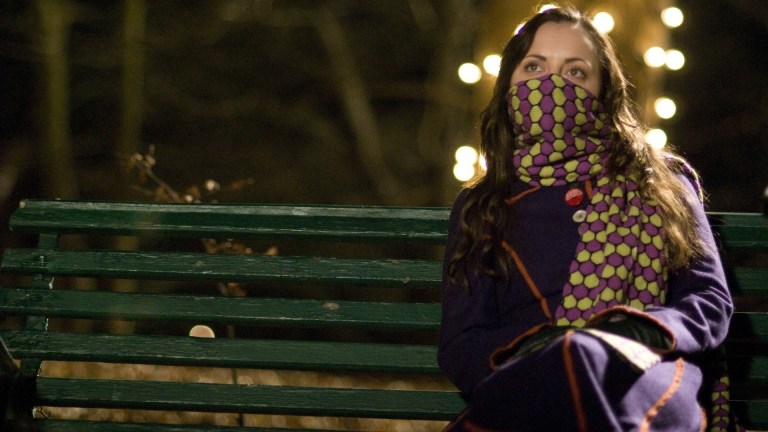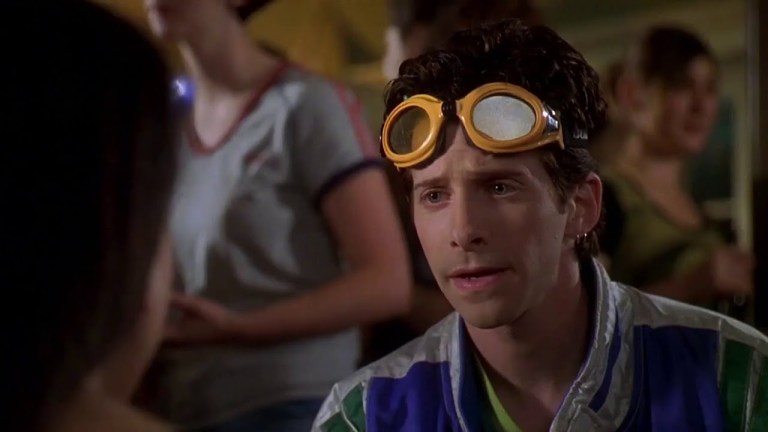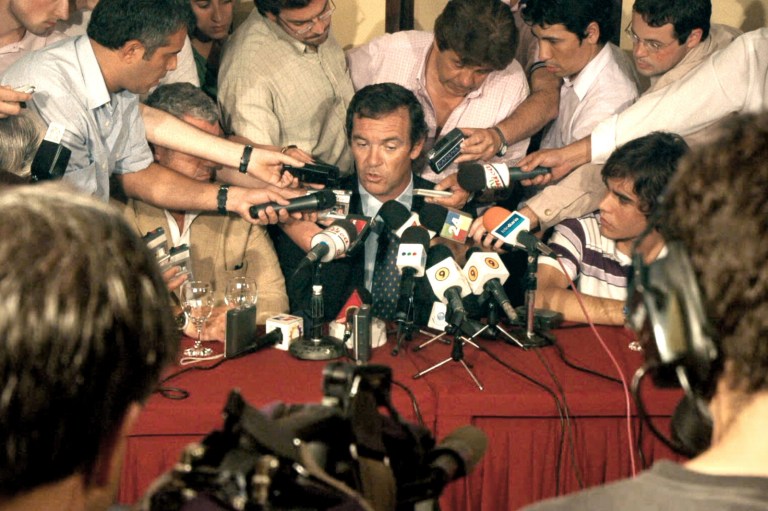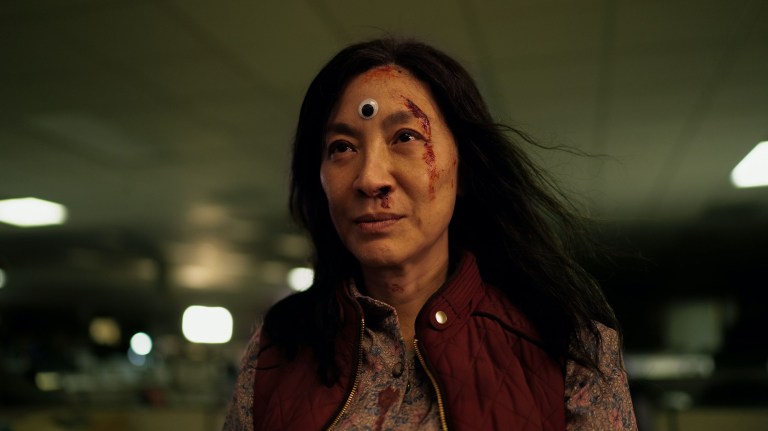
It Is Not Okay To Make Fun Of Amanda Bynes
Because, in case there was any confusion about it, if you deem what is happening in her life as funny or cute, you are being a terrible person.

I feel it’s important to note here that Bynes’ public meltdown could all very well be an elaborate publicity stunt. Celebrities (especially those out of the public eye for a while) have been known to do weirder things than adopt a Joaquin Phoenix-esque immersion persona where they pretend to be crazy for a “character” of some kind. Though I doubt it is the case, I hope that it’s fake, and that we’re all collectively being pranked by one of our most beloved child stars.
Child stars. Do any two words quite conjure up such vivid images of the trajectory from glory to public humiliation as these? Judy Garland, Corey Haim, Kim Richards, Lindsay Lohan — they are all people whose downfall we have been alternately fascinated and repulsed by, people for whom we have always strangely been unable to feel a pure sense of sympathy. There is always an element in our flippant discussions of child stars’ fate of “This is what they wanted,” or “That’s what you get for being famous at age 10.” We know that the real villains here are fame-and-money-hungry parents and the studios who use up children like tubes of toothpaste, but they aren’t as fun to watch. They aren’t compelling, they aren’t kitschy.
Amanda Bynes was, at least for a while, regarded as an alternative to the usual pathway for kid stars. She seemed to have it together, and was maturing into a young woman who could ride on the successes of her childhood into an overall state security and freedom in adulthood. We loved her, and recognized that her genius was so much more than a role foisted upon her by a studio that was only looking for a little white girl of about the right size to fit it. She brought an entire sketch show to life, she was naturally hilarious, and she seemed to move through life with a grace that never bordered on the gratingly precocious. She seemed to have everything going to her.
So when, over the last year and a half, she began to show some serious cracks in her admirable persona, the internet and media at large wasted no time in jumping on the bandwagon. And far from displaying a kind of sympathy which often appears insincere or self-serving — as with Rihanna, for example — there was a note of mocking glee in most of the stories which appeared about her. Everywhere from Twitter hashtags to established news organizations, the general idea seemed to be “Hahaha, look at this crazy bitch being crazy, isn’t she crazy? She used to be so perfect and now she looks like a messy club girl and does weird things! I love it!!”
It’s the kind of campy, semi-ironic enjoyment that allows otherwise-good people to see a comment like this from a young woman:
I have an eating disorder so I have a hard time staying thin.
– Amanda Bynes (@AmandaBynes) April 5, 2013
and take to their personal social media to mock it. You might say, “OMG Amanda Bynes is such a hot mess, I love it!” and feel that you have enough distance in your sentiment to play it off as sarcasm, but what are we really saying when we use that tone? When we have whole articles and videos dedicated to recreating her erratic public behavior and underscoring how ridiculous the whole thing is? Regardless of what the intention here is — or if you believe it’s okay to joke about a woman confessing that she is crumbling under our impossible expectations of her, at least physically speaking — the result of this kind of coverage is proving that this is what we like women to do.
We think that it is “funny,” or “amazing,” or even “chic” to see yet another talented young woman go the way of Lindsay Lohan. We reinforce her actions with the kind of salacious publicity that allows people to laugh for a few seconds at her disturbing cries for help and then move onto the next celebrity topic that doesn’t affect us in the least. And while I’m not saying that we have to lose sleep over what happens to any given person in the public eye simply because they are famous, there is a canyon of difference between hand-wringing about her well-being and openly using her problems as a source of schadenfreude-laced mockery.
Because, in case there was any confusion about it, if you deem what is happening in her life as funny or cute, you are being a terrible person. Even if she is just another rich, troubled celebrity — even if this is a publicity stunt — you are telling every young woman in your reach that mental illness, erratic behavior, and eating disorders are something that are not to be taken seriously. You are telling them that it will get them a charmed, amused kind of attention that gets more engaged the more quickly the woman begins unraveling. You are at once dismissing and reinforcing these horribles symptoms of a problem that we as a society created in the first place. It is our fault when young women hate their bodies and are desperate for approval, and making fun of them for of it makes us only more implicit in the crime.
We think these tragic beauties are our camp symbols. We think that women like Judy Garland, or Marilyn Monroe, or Karen Carpenter should be idolized or made into a Barbie doll stop-motion movie, at least in part because they were so crippled by their personal demons. We regard women like this as “hot messes” whose downfall we just can’t get enough of, and whose beauty we at once lament and can’t wait to see destroyed. But the aforementioned women have one more thing in common, beyond their struggles with weight and medication and personal image — something even more significant, and certainly more permanent. They are all dead. ![]()











